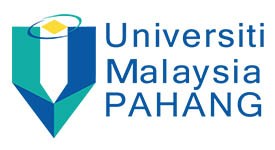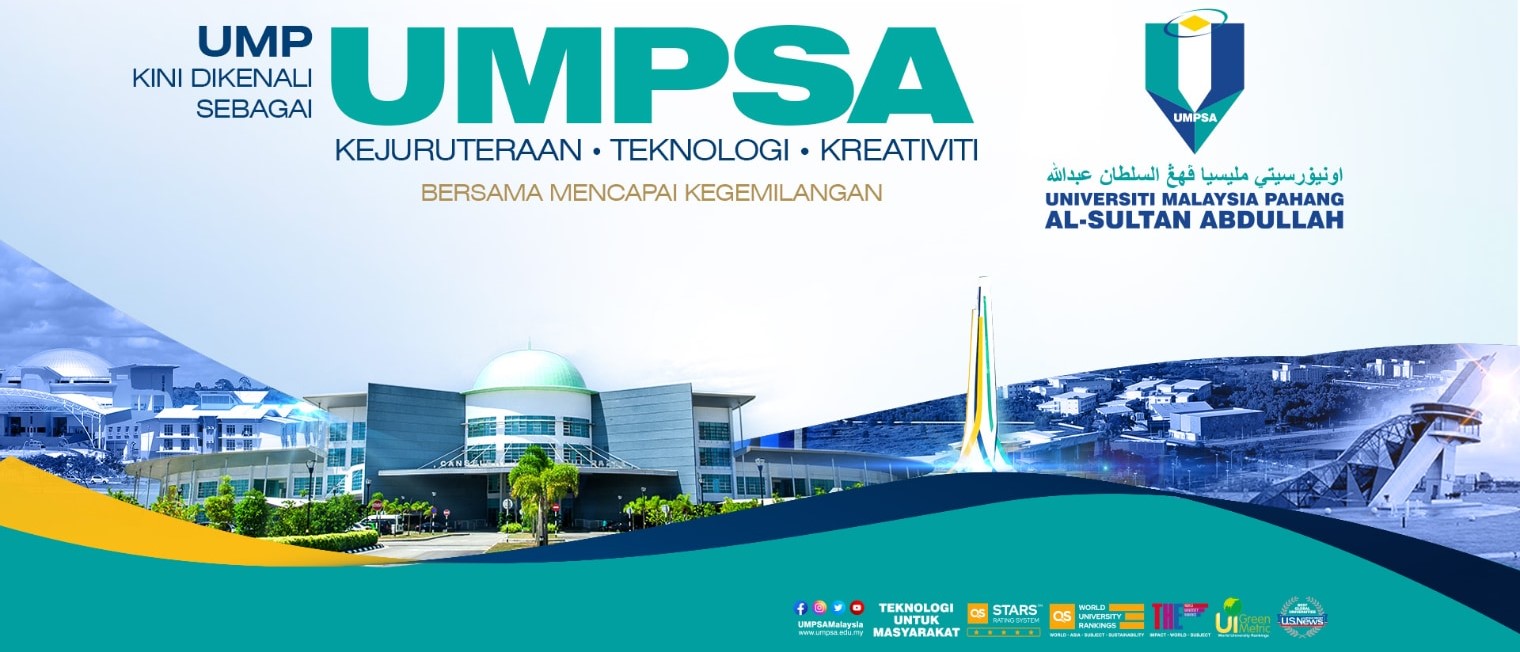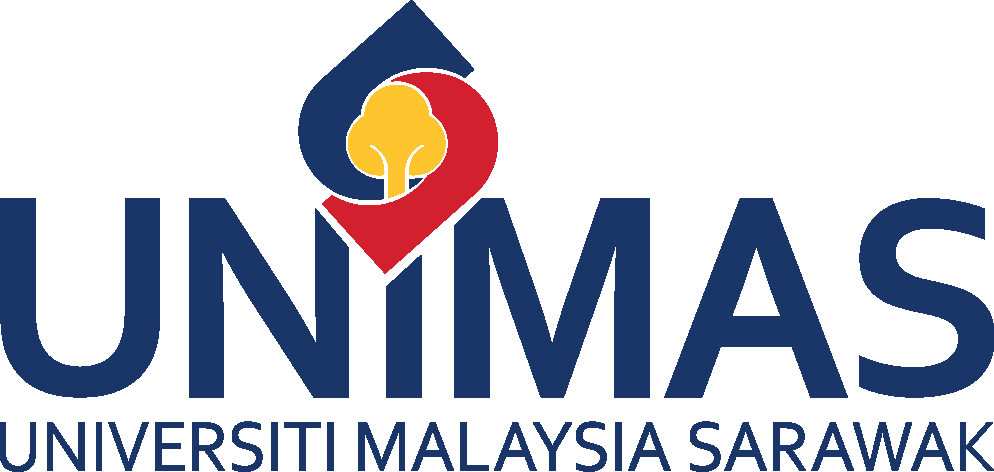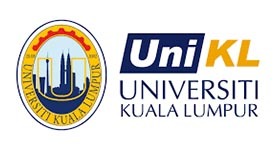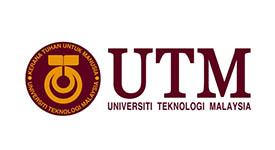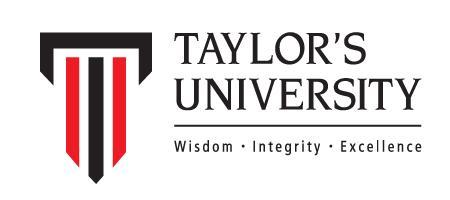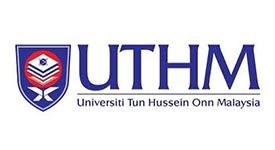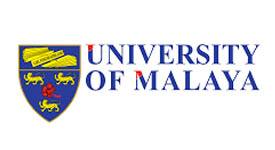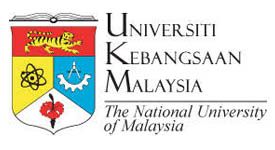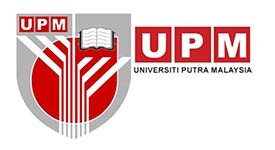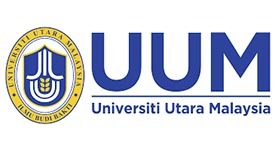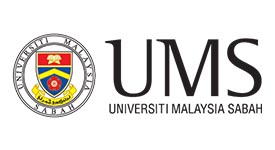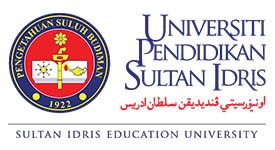Overview of Bachelor of Chemical Engineering in University of Malaysia Pahang UMP
Malaysia
The four-year Bachelor of Chemical Engineering (BKC) programme was offered by Universiti Malaysia Pahang since year 2002 is an accredited programme by Engineering Accreditation Council (EAC), Board of Engineers Malaysia under the Washington Accord. The BKC programme aims to educate potential engineers to design, develop, and operate chemical processes by which chemicals, petroleum products, food, polymers, pharmaceuticals and consumer goods can be produced in a safe and sustainable way. Chemical processes involve reactions, heat transfer, separations and biological phenomena. The BKC programme also provides exposure to aspects of humanities and social sciences through subjects such as English language and foreign languages, entrepreneurship, economics, management and other non-engineering subjects.
PROGRAM EDUCATIONAL OBJECTIVE
| PEO1 |
To produce graduates who practise in their chemical engineering areas such as in process design, plant operation, safety and environment. |
| PEO2 |
To produce graduates who apply and develop advanced technology through R&D and who are keen to pursue post graduate studies. |
| PEO3 |
To produce graduates who display leadership qualities to the companies that employs them. |
| PEO4 |
To produce graduates who demonstrate professional values and responsibilities towards society and environment. |
| No |
MQF |
Program Learning Outcome |
| PO1 |
Knowledge |
Apply knowledge of mathematics, natural science, engineering fundamentals and an engineering specialisation to the solution of complex engineering problems. |
| PO2 |
Problem Analysis |
Identify, formulate, conduct research literature and analyse complex engineering problems reaching substantiated conclusions using first principles of mathematics, natural sciences and engineering sciences. |
| PO3 |
Design/Development of Solutions |
Design solutions for complex engineering problems and design systems, components or processes that meet specified needs with appropriate consideration for public health and safety, cultural, societal, and environmental considerations. |
| PO4 |
Investigation |
Conduct investigation of complex engineering problems using research-based knowledge and research methods including design of experiments, analysis and interpretation of data, and synthesis of information to provide valid conclusions. |
| PO5 |
Modern Tool Usage |
Create, select and apply appropriate techniques, resources, and modern engineering and IT tools, including prediction and modelling, to complex engineering problems, with an understanding of the limitations. |
| PO6 |
The Engineer & Society |
Apply reasoning informed by contextual knowledge to assess societal, health, safety, legal and cultural issues and the consequent responsibilities relevant to professional engineering practice and solutions to complex engineering problems. |
| PO7 |
Environment & Sustainability |
Understand and evaluate the sustainability and impact of professional engineering work in the solutions of complex engineering problems in societal and environmental contexts. |
| PO8 |
Ethics |
Apply ethical principles and commit to professional ethics and responsibilities and norms of engineering practice. |
| PO9 |
Individual & Team Work |
Function effectively as an individual, and as a member or leader in diverse teams and in multi-disciplinary settings. |
| PO10 |
Communication |
Communicate effectively on complex engineering activities with the engineering community and with society at large, such as being able to comprehend and write effective reports and design documentation, make effective presentations, and give and receive clear instructions. |
| PO11 |
Project Management & Finance |
Demonstrate knowledge and understanding of engineering management principles and economic decisionmaking and apply these to one’s own work, as a member and leader in a team, to manage projects in multidisciplinary environments. |
| PO12 |
Life-long Learning |
Recognise the need for, and have the preparation and ability to engage in independent and life-long learning in the broadest context of technological change. |
PROGRAMME STRUCTURE
? YEAR 1
- Engineering Mechanics
- Organic Chemistry
- Engineering Ethics & Professionalism
- Basic Science & Engineering Lab
- Co-Curriculum I
- Co-Curriculum II
- Technopreneurship
- English Courses
- Ordinary Differential Equations
- Applied Calculus
- Analytical Chemistry
- Physical Chemistry
- Thermodynamics
- Islamic & Asian Civilisations I
- Soft Skills I
- Ordinary Differential Equations
- Applied Calculus
? YEAR 2
- Electrical & Instrumentation Technology
- Chemical Engineering Thermodynamics
- Fluid Mechanics
- Material & Energy Balance
- English Courses/other university courses
- Applied Statistics
- Computer Programming for Engineers
- Heat Transfer
- Mass Transfer
- Numerical Methods & Optimization
- Science & Engineering Materials
- Chemical Reaction Engineering I
? YEAR 3
- Process Engineering Economics
- OSH in Chemical Industries
- Unit Operation
- Process Control & Dynamic
- Separation Process
- Chemical Reaction Engineering Lab
- English for Professional Communication
- Ethnics Relations
- Process Simulation & Computer Aided Design
- Chemical Reaction Engineering II
- Unit Operation Lab
- Elective I
- Undergraduate Research Project I
- Process Control & Instrumentation Lab
- Process Synthesis
- Soft Skills II
- Foreign Languanges Level 1
- Industrial Training
? YEAR 4
- Environmental Engineering
- Process & Plant Design I
- Elective II
- Elective III
- Undergraduate Research Project II
- Process Engineering Management
- Process & Plant Design II
- Foreign Languages Level II
ENTRY REQUIREMENTS
Have Sijil Pelajaran Malaysia (SPM) / equivalent with credit in Bahasa Melayu / Bahasa Malaysia or credit in Malay / Bahasa Malaysia paper in July and pass the subjects of history began in 2013;
and
Pass the Malaysian Higher School Certificate Examination (STPM) with a minimum CGPA of 2.70 and obtain at least:
• Grade C (NGMP 2.00) General Studies subjects;
and
• Grade C (NGMP 2.00) in two (2) other subjects.
and
Obtained at least Level 2 (Band 2) in the Malaysian University English Test (MUET).
AND
SPECIAL PROGRAM REQUIREMENTS
Obtained at least Grade C (NGMP 2.00) at STPM level in the following subjects:
• Mathematics T ;
• Chemistry; and
• Physics / Biology.
Candidates who do NOT meet the requirements of Physics at STPM level must get at least credit in Physics at SPM level.
and
Candidates are not color blind and do NOT have physical / limb disabilities that make practical work difficult.
Note:
1. Candidates who do not take Physics at STPM level are required to take Basic Physics subjects at the University.
- MATRICULATION / FOUNDATION HOLDERS
Have Sijil Pelajaran Malaysia (SPM) / equivalent with credit in Bahasa Melayu / Bahasa Malaysia or credit in Malay / Bahasa Malaysia paper in July and pass the subjects of history began in 2013;
and
Passed KPM Matriculation / UM Science Foundation / UiTM Foundation with at least CGPA 2.70;
and
Obtained at least Level 2 (Band 2) in the Malaysian University English Test (MUET)
AND
SPECIAL PROGRAM REQUIREMENTS
Obtained at least Grade C (2.00) at the Matriculation / Foundation level in the following subjects:
• Mathematics / Engineering Mathematics ;
• Chemistry / Engineering Chemistry ; dan
• Physics / Engineering Physics / Biology.
Candidates who do NOT meet the requirements of Physics at the Matriculation / Foundation level should get at least credit in Physics at SPM level.
and
Candidates are not color blind and do not have limb defects that make it difficult for practical work.
Note:
1. Candidates who do not take Physics at the Matriculation / Foundation level are required to take Basic Physics subjects at the University.
Have Sijil Pelajaran Malaysia (SPM) / equivalent with credit in Bahasa Melayu / Bahasa Malaysia or credit in Malay / Bahasa Malaysia paper in July and pass the subjects of history;
and
Possess a Diploma or other qualification recognized as equivalent by the Government of Malaysia and approved by the University Senate;
and
Obtained at least Level 2 (Band 2) in the Malaysian University English Test (MUET).
and
SPECIAL PROGRAM REQUIREMENTS
Possess a Diploma in a related field from a Public University (UA) with a minimum Gathering Average (CPA / CGPA) of 2.50
or
Possess a Diploma in a related field from a Private Institution of Higher Learning (IPTS) / Polytechnic // equivalent and certified by the University Senate with a minimum Average Assessed Assessment (CPA / CGPA) 3.00
or
Candidates who do not meet the above CPA / CGPA requirements but get at least a CPA / CGPA of 2.30 and have at least 2 years working experience in a related field can be considered.
and
Candidates are not color blind and do not have limb defects, making it difficult for practical work.
Note:
The year of admission and the actual period of study are subject to credit exemption approved by the Faculty.
Memliliki Sijil Pelajaran Malaysia (SPM) / equivalent with credit in Bahasa Melayu / Bahasa Malaysia or credit in Malay / Bahasa Malaysia paper in July and passed a course in history at least grade E;
and
Passed IPTS Foundation (UniKL / UNITEN / UTP / MMU) with at least CGPA 2.70;
and
Obtained at least Level 2 (Band 2) in the Malaysian University English Test (MUET)
AND
SPECIAL PROGRAM REQUIREMENTS
Obtained at least Grade C at the IPTS Foundation level (UniKL / UNITEN / UTP / MMU) in the following subjects:
- Mathematics
- Chemistry
- Physics / Biology
and
Obtained at least Grade C at SPM level in the following subjects;
- Additional Mathematics
- Physics / Chemistry
Candidates who do not take Physics at the Basic level should get at least credit in Physics at SPM level.
and
Candidates are not color blind and do not have physical / limb disabilities that make practical work difficult.
Note:
Candidates who do not take Physics at the Foundation level are required to take Basic Physics subjects at the University.
